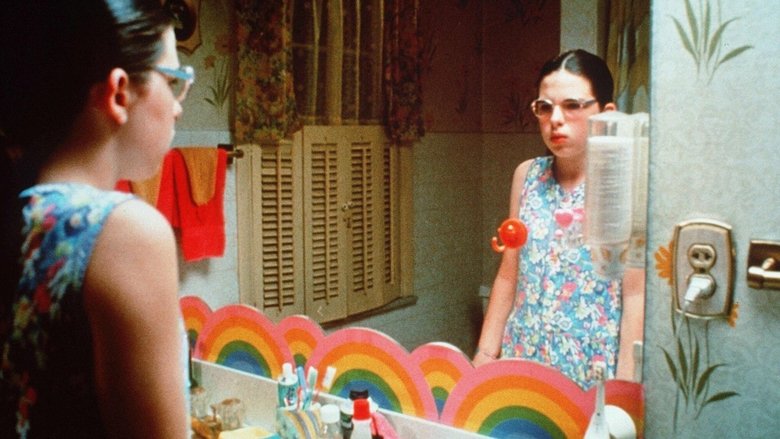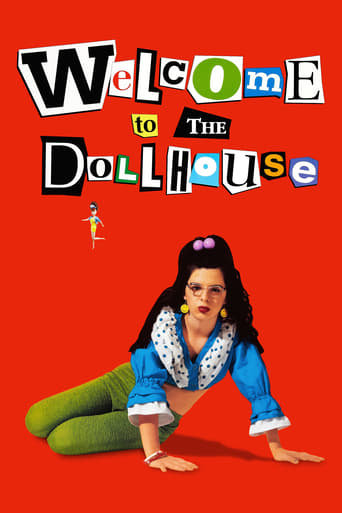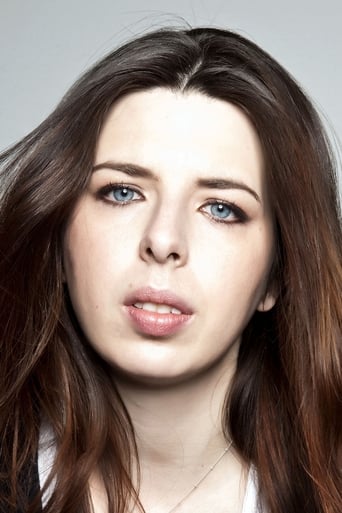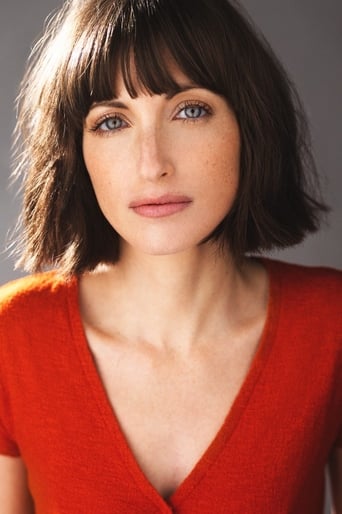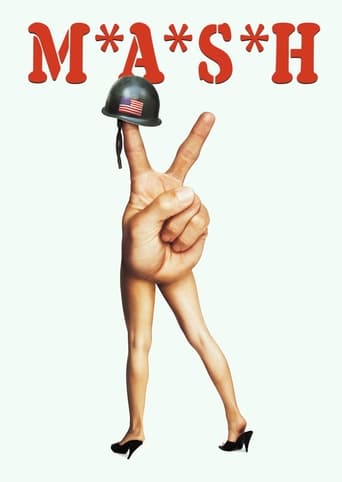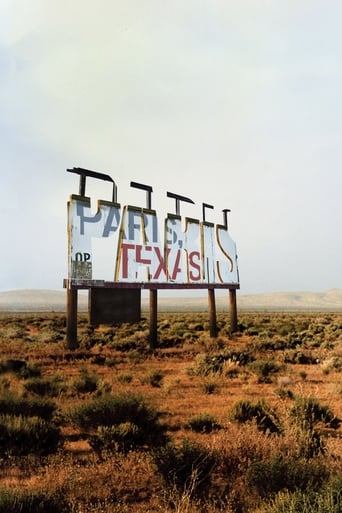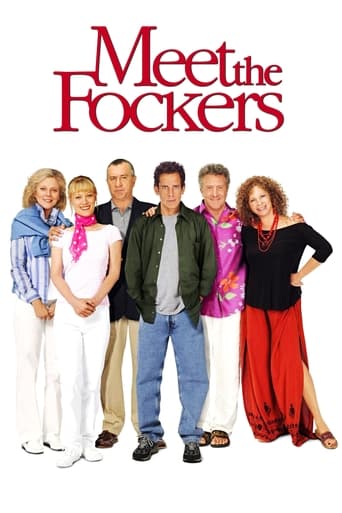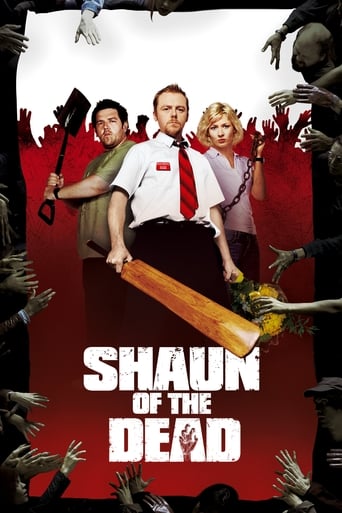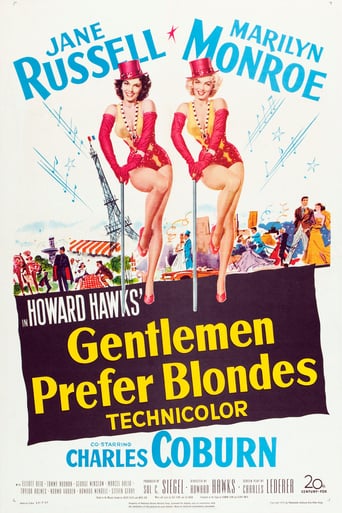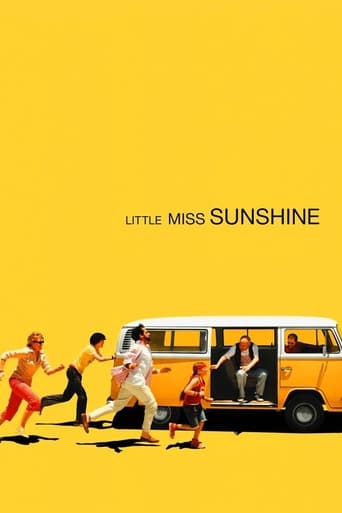Welcome to the Dollhouse (1996)
An unattractive 7th grader struggles to cope with suburban life as the middle child with inattentive parents and bullies at school.
Watch Trailer
Free Trial Channels
Cast


Similar titles
Reviews
What makes it different from others?
Intense, gripping, stylish and poignant
Good story, Not enough for a whole film
The film may be flawed, but its message is not.
The thing about watching a film like this at a time when the American high school genre has moved on to the much rosier visions of Napoleon Dynamite and Glee is that it strikes you how almost every character is a flawed, unlikeable person. Sure, you feel sorry and empathise with Dawn, the main character, but she's equally willing to bully, and doesn't have saving graces like the standard US school film geek - she's no brainbox.The guys in the film are portrayed as far less vindictive than the girls - bad boy Brandon has a sort of rogue honour, and the main fault of the other males in Dawn's life is that they are obsessed with doing their own thing or else following expectations laid down for them.It's a very watchable film - more so than Todd Solondz's later works. It looks like the work of an embittered outsider, but at least an outsider who, like the main character, tries to do their own thing against the odds.
Like Woody Allen, Todd Solondz spends his time poking fun at man's foibles, whilst perhaps simultaneously wishing he weren't part of the very social fabric he condemns. It's your classic ego trap: "I'm better and above you, but worthless and wish I were with you." Solondz made "Fear, Anxiety and Depression" in 1989. He wrote and directed that film and, like Woody Allen, also cast himself as the film's neurotic hero. Like Allen's alter ego in "Annie Hall", the geeky looking Solondz spent the entire film bumbling about, venting his various dissaffections.Solondz was never happy with "Fear", however, and promptly disowned the film when his producers re-edited it behind his back. Burnt by the film industry, Solondz slipped into depression. He withdrew into isolation and became a teacher and writer. During these years his approach to art changed drastically. His screenplays became more formal, more precise, more caustic, and his visual style became cold. Ice cold.Solondz's first film when he emerged from his depression was "Welcome to the Dollhouse". Drawing upon his own unhappy school years, "Dollhouse" is about Dawn Weiner, a girl whom the universe seems to have condemned. More sinister than similar teen movies, "Dollhouse's" Dawn is so insecure she's happy to let a kid at school rape her if it means validating her own self worth. This would be rapist is himself marginalized, insecure and so reliant on sexual threats for self validation. Dawn is so filled with rage she even saws off the heads of her sister's dolls, fantasises about bashing people with a hammer and deliberately causes her sibling to be kidnapped by a local paedophile. Meanwhile, all the abuses people hurl at the geeky Dawn, Dawn hurls down at her little sister, a girl whom she unfairly despises. The result is that Dawn is shown to be capable of the same kind of brutality that she's subjected to. Social bullying is internalised, becomes self-hatred, and is then redirected violently back out at others."Dollhouse" was a cosy film compared to Solondz's next three flicks. In "Happiness" he portrays a web of characters, all of whom harbour different problems and neuroses, and all of whom are linked by their desire for absolute contentment. And so we have a paedophile who is only happy around kids, a successful writer who is only happy if she writes something of substance, a musician (who ironically writes songs of substance) who can't find success and is so discontent, an elderly couple who no longer have the will to live, a fat man who fantasises about raping women, a fat woman who is disgusted by sex and a dopey housewife who is blissfully unaware of the disturbing truths that exist beneath her sweet suburban facade. Forget "American Beauty" and "Blue Velvet". Solondz ends his film with a Norman Rockwell kid ejaculating on his front balcony. Solondz's point is almost classically psychoanalytic: Lack breeds Desire breeds Suffering. Peel away the emotional baggage and happiness is a stain that oft amounts to nothing more than a fleeting moment of biological bliss."Happiness" doesn't broadening its horizons to tackle the wider social and structural issues that better directors align to their existential musings, but it does offer more than Sam Mendes' "American Beauty". Indeed, Solondz's next film, "Storytelling", seemed designed to address those critics who pointed out the similarities between "Happiness" and "American Beauty". Mendes has himself slammed Solondz on numerous occasions, and so perhaps "Storytelling" is best viewed as a sort of intellectual assault on Solondz's critics."Storytelling" is divided into two segments, the first called "fiction" the second called "non-fiction". "Fiction" is about a creative writing student who has "sympathy sex" with a mentally disabled kid and later lets her African American teacher "rape" her. She then turns her experiences into a work of fiction which purports to be "truthfully" based on these factual encounters."Storytelling's" second segment then focuses on a documentary director who makes a documentary called "American Scooby" (a parody of "American Beauty") in which he follows a high school student around campus. The documentary director hopes to uncover the "truth" of growing up in suburbia, but in reality is merely transposing his own "deep thoughts", self-analysis and existential hang-ups onto a modern teen who is actually a dopey airhead. The end result is that film-maker and child enter a sort of exploitative relationship. The kid gets fame and is portrayed as being "deeper" than he is, while the film-maker gets prestige for nothing. End result: Solondz essentially advocates the sort of "truthful" sensationalism present in the non-fiction segment of the film, whilst aligning human delusions (love, romantic illusions, family etc) with the fictions of the second half. Other themes abound - the power games and domination/exploitatin reversals of "Dollhouse" are reworked here with subplots about a vengeful maid and a black teacher - but it's the "American Beauty" angle that's most interesting."Palindromes" is thus far the weakest of Solondz's films. The first and last words in the movie are "Mom", a pair of palindromes through which Solondz implies that "nothing ever changes". Indeed, Solondz makes the film a palindrome at every level, his Schopenhaueran point being that we are paradoxically always changing and never changing (hence different actors play the same character), every desire and addiction merely supplanting another. It's an extremely bleak film, depending how much trust the audience puts in its final monologue. This bleakness has led to critics labelling Solondz a misanthrope, but he's no more colder than both Allen and the Coens, two other contemporary critical darlings who've spent their careers reworking similar material.7.9/10 – "Welcome to the Dollhouse", "Palindromes" 8/10 – "Storytelling", "Happiness"
This film well encapsulates the horrors of middle school, perhaps more than was your experience, but the point is well taken. This unfortunately-named girl (Dawn Wiener), whose plight is not helped by her gawky looks, nerdiness, and refusal to take her punishment lying down, brings the pain of middle school into sharp relief. Having read a lot of the comments on IMDb, it's clear that this movie resonates with many. Landmark director Todd Solondz doesn't shrink from depicting the most cringe-inducing, skin-peeling, soul-destroying tortures inflicted by kids on their peers during those difficult tweener/teen years. Dawn Wiener (Heather Matarazzo) lives with a mother who has no idea of the pain in which her daughter is in and with a father with no guts to intervene to his wife on his daughter's behalf. Her older brother is an academic success, although also very nerdy and her younger sister is the belle of the ball who can do no wrong in her mother's eyes.Solondz has constructed a very plausible hell in which his young protagonist suffers. She has no friends save for one boy who is the only other member of her "Special People Club". Her locker is the site of some particularly vitriolic abuse (although, having worked at schools, I found it implausible to believe that no teacher would have intervened to have the abuse removed), she is called "lesbo" and one girl who is particularly nasty will not let her leave the restroom without taking a crap.I liked the fact that this protagonist does not take the abuse lying down. Solondz creates such a good movie that he does not make Wiener into a wallflower. Indeed, she reacts in sometimes callous ways, taking out the anger she feels on someone less powerful than her. It's not necessarily pretty, but it's human nature. She reacts in anger to several things and I found this refreshing. She is not depicted as an ineffectual person. She fights back against her treatment-which people do, in real life-and Solondz deserves credit for this characterization of his protagonist. This really is a tough film to watch but I think this is one many young teens and tweeners would do well to watch and discuss with their parents because it could be a jumping-off point for a discussion about bullying and cruelty at this very difficult age.
Dawn is bullied in her middle school. She is insecure, wears unflattering clothes and doesn't feel attractive. Her inattentive parents care far more about her smart and nerdy older brother and her spoilt, elegant little sister(that she actually has to share a room with, in spite of being 11) than her, leaving her the overlooked middle child. She falls in love with a guy five years her senior. But could that possibly work out? This is one of the most brutally honest(it admits that teenagers actually think about sex), painful(the cake scene is torture), and difficult to watch films I've ever seen. I knew that it would be, because this is not my first exposure to the immensely talented Solondz... I own a copy of the quite good Storytelling, and I had heard that this was much harder on the viewer. This really doesn't let up(there are those that will use the word "nihilistic"), it's pure bared nerve endings, and it shows with no pretense the kind of cruelty some of us experience, and what effect it has on us. Everyone lashes out at someone weaker than them when they're in agony. While some of the actions do encourage headscratching, the characters in this are entirely realistic(I would say almost everything in this is), credible and well-developed. No one is a hero or a villain(don't expect to like everything about any of them). The acting is amazing. Matarazzo(who I can barely believe was willing to play the role) is impossibly perfect. Her body language, voice, eyes, everything is spot-on. Everyone is convincing in this. The tension is present and thick right from the beginning. I suppose one could argue that this doesn't have all that much genuine plot... we get a string of scenes in chronological order, and several things aren't followed up on. A ton does happen; I think this is mainly meant to show a small portion of the girl's life. Don't expect a lot of growth or change, or for this to have a conclusion(it kind of just stops... one can interpret the last image to mean something, though, and it certainly isn't randomly chosen). I'm not sure I understand classifying this as a comedy... if so, definitely note that it's black and sardonic humor. You can really *feel* the setting. The lunch-room, class-room and the suburban home... you're *there*, and you feel as suffocated and trapped as our lead does. This is filmed and edited impeccably well. There is disturbing content and strong language throughout this. The DVD comes with a trailer. I recommend this to anyone who wants an uncompromising look at what for many are the worst years of their life. 8/10

